The Best Cloud Computing Solutions for Startups: A Comprehensive Guide for 2024
Jumping into the world of startups? This guide will walk you through the must-know cloud computing solutions for 2024, demystifying the essentials and highlighting what matters most for budding enterprises like yours.
Introduction
Brief Overview of Cloud Computing
Cloud computing is the delivery of computing services—including servers, storage, databases, networking, software, analytics, and intelligence—over the Internet (“the cloud”) to offer faster innovation, flexible resources, and economies of scale.
Importance for Startups
For startups, cloud computing is a game-changer. It eliminates the need for heavy upfront investments in IT infrastructure, offering scalable solutions that can grow as your business does. Moreover, it provides strong disaster recovery options and enhances team collaboration through various integrated tools.
Purpose of this Guide
In this guide, you’ll find the best cloud computing solutions tailored for startups in 2024. We’ll explore why these solutions are vital, compare top providers, and delve into the latest trends to help you make informed decisions.
Why Cloud Computing is a Game-Changer for Startups
Cost-Efficiency
One of the primary advantages of cloud computing is its cost-efficiency. Startups can avoid the high initial costs associated with setting up servers and data centers. Instead, they can pay for what they use, scaling resources up or down based on demand.
Scalability
Cloud solutions offer unparalleled scalability. Whether you’re launching a new app or expanding your customer base, cloud platforms allow you to scale your infrastructure smoothly without downtime.
Disaster Recovery and Backup
Data loss can be catastrophic for any startup. Cloud computing solutions provide reliable disaster recovery and backup options, making sure that your data is safe and can be quickly restored in case of any mishaps.
Collaboration Tools
Enhanced collaboration is another key benefit. Cloud platforms come with integrated tools that support teamwork and project management, enabling your team to work efficiently from anywhere in the world.
Types of Cloud Computing Solutions
Infrastructure as a Service (IaaS)
IaaS provides virtualized computing resources over the internet. For startups, IaaS offers flexibility and control over their IT resources without the physical burden of managing hardware.
Platform as a Service (PaaS)
PaaS delivers a framework for developers to build upon and use to create customized applications. It simplifies the development process, allowing startups to focus on coding and innovation rather than managing the underlying infrastructure.
Software as a Service (SaaS)
SaaS delivers software applications over the internet, on a subscription basis. Startups can benefit from SaaS solutions by accessing sophisticated software without the need for complex installations or maintenance.
Top Cloud Computing Providers for Startups in 2024
Amazon Web Services (AWS)
Services and Features
AWS offers a wide range of services including computing power, storage options, and networking capabilities. Key services include Amazon EC2, S3, and RDS.
Pros and Cons
Pros:
- Extensive range of services
- Highly scalable
- Strong security features
Cons:
- Complex pricing model
- Can be overwhelming for beginners
Pricing
AWS offers a free tier for 12 months, which includes 750 hours of EC2 and 5GB of S3 storage per month.
Google Cloud Platform (GCP)
Services and Features
GCP provides services such as Google Compute Engine, Google Cloud Storage, and BigQuery.
Pros and Cons
Pros:
- Competitive pricing
- Strong machine learning and data analytics capabilities
- Excellent performance
Cons:
- Smaller service catalog compared to AWS
- Less mature ecosystem
Pricing
GCP offers a free tier and $300 in free credits for new users, valid for 90 days.
Microsoft Azure
Services and Features
Azure’s key services include Azure Virtual Machines, Azure Blob Storage, and Azure SQL Database.
Pros and Cons
Pros:
- Smooth integration with Microsoft products
- Comprehensive compliance coverage
- Strong hybrid cloud capabilities
Cons:
- Complex pricing structure
- Learning curve for non-Microsoft users
Pricing
Azure offers a 12-month free tier and $200 in credits for the first 30 days.
IBM Cloud
Services and Features
IBM Cloud offers services like IBM Cloud Kubernetes Service, Watson AI, and IBM Cloud Functions.
Pros and Cons
Pros:
- Strong AI and machine learning capabilities
- Excellent customer support
- High level of customization
Cons:
- Smaller market share
- Can be expensive for small startups
Pricing
IBM Cloud provides a Lite account with free access to over 40 services, including Watson AI.
Oracle Cloud
Services and Features
Oracle Cloud offers services such as Oracle Autonomous Database, Oracle Cloud Infrastructure, and Oracle Cloud Applications.
Pros and Cons
Pros:
- Strong database services
- Comprehensive security features
- High performance
Cons:
- Complex to set up
- Limited third-party integrations
Pricing
Oracle Cloud offers a Free Tier with access to two Autonomous Databases and two Oracle Cloud Infrastructure Compute VMs.
Choosing the Right Cloud Computing Solution for Your Startup
Assessing Your Needs
Analyze your startup’s specific requirements, such as the type of applications you’ll be running, expected traffic, and data storage needs.
Budget Considerations
Balance cost with functionality. Take advantage of free tiers and startup credits offered by providers.
Compatibility and Integration
Make sure the cloud solution is compatible with your existing tools and infrastructure to avoid any integration issues.
Support and Documentation
Good customer support and accessible documentation are crucial. Look for providers that offer extensive resources and responsive support teams.
Trends in Cloud Computing for 2024
AI and Machine Learning Integration
AI and machine learning are increasingly integrated into cloud solutions, offering startups advanced analytics, automation, and predictive capabilities.
Edge Computing
Edge computing brings computation and data storage closer to the location where it is needed, improving response times and saving bandwidth. This is particularly beneficial for IoT startups.
Serverless Architecture
Serverless computing allows startups to run code without managing servers, reducing operational complexity and cost.
Increased Focus on Security
As cyber threats evolve, cloud providers are enhancing security features and compliance requirements to protect data and maintain trust.
Real-World Case Studies
Successful Startup #1: Slack
Background
Slack is a collaboration hub that connects work teams and streamlines communication.
Cloud Solution Used
Slack uses AWS for its scalability, reliability, and extensive service offerings.
Results
By leveraging AWS, Slack has achieved smooth scaling, ensuring reliable performance even as user demand grows.
Successful Startup #2: Snap Inc.
Background
Snap Inc., the parent company of Snapchat, focuses on multimedia messaging and social media.
Cloud Solution Used
Snap Inc. uses Google Cloud Platform for its data analytics and machine learning capabilities.
Results
GCP has enabled Snap Inc. to deliver real-time analytics and enhance user experience with advanced AI features.
Conclusion
Recap of Key Points
Cloud computing offers startups cost-efficiency, scalability, disaster recovery, and enhanced collaboration. Understanding the different types of cloud solutions and top providers can help you make an informed decision.
Final Recommendations
Carefully evaluate your startup’s needs, budget, and compatibility requirements. Choose a provider that offers good support and documentation.




